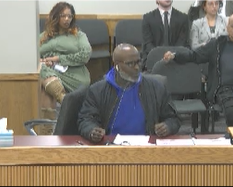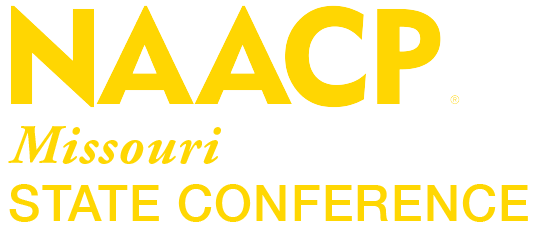Untold Prison Stories: Why I Became a Writer
In the United States, there are nearly 1 million incarcerated individuals.
In the U.S., there are nearly 1 million incarcerated individuals. While here in Missouri, the state population is 6.1 million, there are roughly 24,000 incarcerated.
During the height of the prison COVID-19 pandemic, I was a hospice porter volunteer. I agreed to live in the Transitional Care Unit (a.k.a. TCU) in the prison's medical ward, under quarantine, assisting medical personnel caring for the inmates who had contracted the virus. The Coronavirus caught prison officials and the U.S. off guard. This deadly virus created complete panic and terror that no one was prepared for.
It was in that moment that I decided to start a daily journal and in it I started documenting every death I witnessed, each conversation I had and my overall experiences during the entire ordeal, because I knew that society didn't have a clue what was going on inside these walls; being that the incarcerated are rarely spoken for. I felt compelled to share my experiences.
Being incarcerated for 27 years and seeing things first hand allowed me an advantage. Many of the prison stories I believed were news worthy never received any attention. The fact that the U.S. has the highest incarceration rate of any country in the world proves that mass incarceration is profitable.
Ninety percent of men and women who are incarcerated will one day return back into the communities of society. What society rarely gets to see or hear about is the struggle and hopelessness the innocent endure before being told the success stories of a "wrongful conviction". The rejoicing of a fellow death row inmate whose sentence was commuted seconds before being executed, being able to witness several miracles being performed right before your eyes, or the inmate who lost the only family member who believed in him, finding purpose in his life by helping others. But nothing could take the place of the life-altering experience of watching another human fight to live; as you witness the reality of life's cycle come full circle as that inmate takes their final breath. The realization that they are not waking up changes how you view life from that point on.
Many of society's youth need to hear and witness prison's untold stories as a "crime prevention turn around" program. When you convince yourself that nobody's listening, somewhere in the midst your heart dies. As your pleas concerning contaminated drinking water, food that lacks adequate nutrition and discrimination goes ignored, you get mad. It's the hopelessness and helplessness that drives inmates towards giving up hope.
However, thankfully, there are many inmates who find inspiration through organizations beyond these walls. Organizations who truly support prisoners and care about making a difference in prisoner's lives.
Statistics and data from nearly seven years ago show that 38% of the people in the state and federal prison system have been diagnosed with a mental illness. This further proves why formerly incarcerated people are ten times more likely to be homeless or return to prison that the average person
in the U.S.. As of data from ten years ago, 49% of those who were incarcerated struggled with substance abuse disorder.
In spite of it all, there are those who truly possess great minds in the state and federal prisons. The negative image that overshadows those who are incarcerated is all society ever seems to see or care about. So, what about those who are obtaining degrees through universities funded by Pell Grants? Or the inmates who are submitting solutions to public officials concerning society's youth or crime prevention?
The manner in which we used to approach a situation are no longer applicable. We are dealing with a totally different mindset in the youth today; who crave a whole new drug substance. So the methods and approaches have to be applicable in order to reach them. The first step is to identify with
their struggles and wants.
So, for all these reasons and more ... I became a writer.




